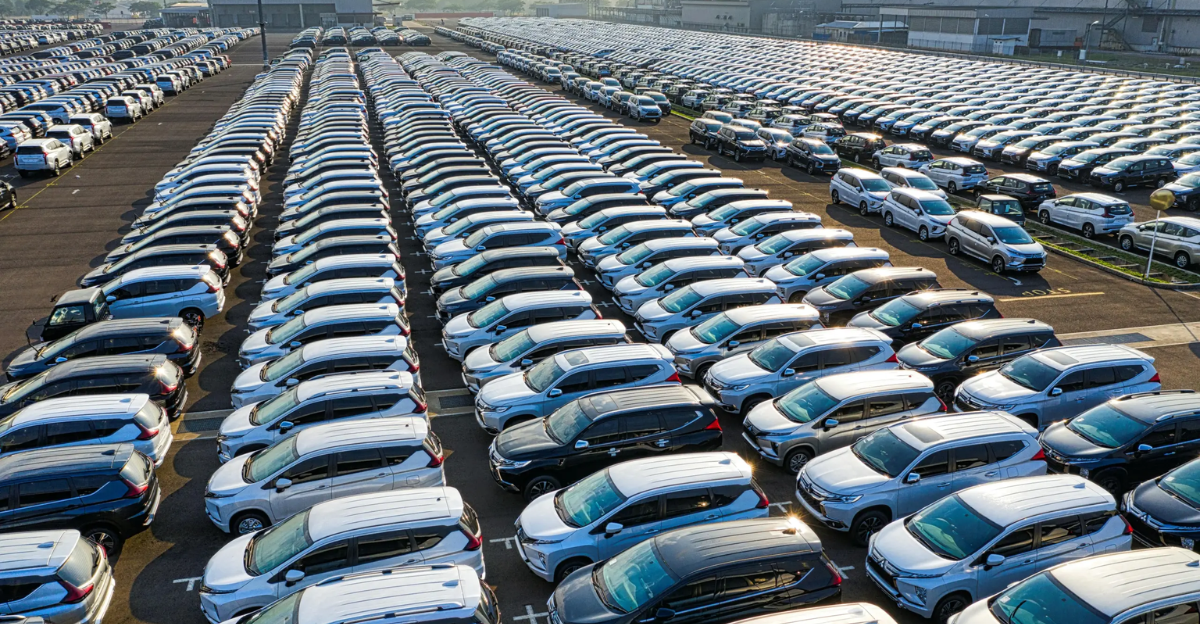
A new wave of vehicle recalls is sweeping the U.S., with over 1.1 million cars from two of the world’s most popular automakers now under scrutiny.
This unprecedented move signals growing concerns about automotive safety and reliability, raising questions for millions of drivers nationwide. The full scope of the issue is only beginning to emerge.
Stakes for Drivers
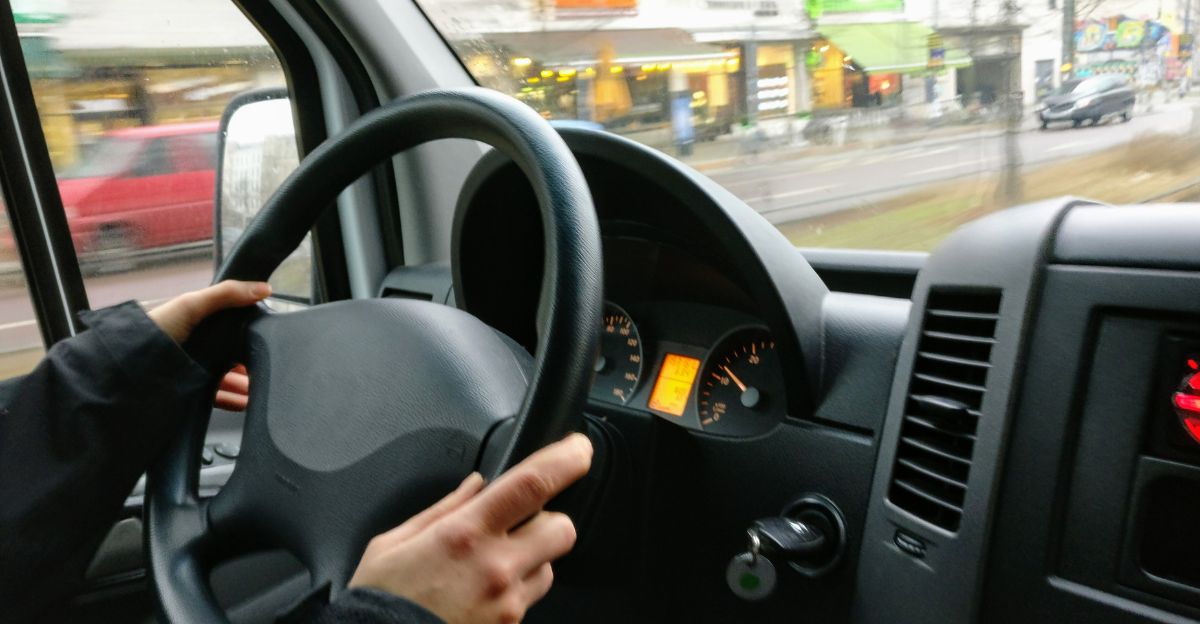
The recall affects many households, as these two automakers’ vehicles are some of the most popular on American roads.
With safety flaws ranging from malfunctioning displays to faulty seat belts, these risks are not just inconvenient but potentially impact driver and passenger safety in critical situations.
Industry Giants

These brands are not just automakers but industry giants, consistently ranking among the top global car manufacturers by sales and reputation.
Their vehicles are known for being reliable, making this recall especially significant given their longstanding brand promises.
Mounting Pressures
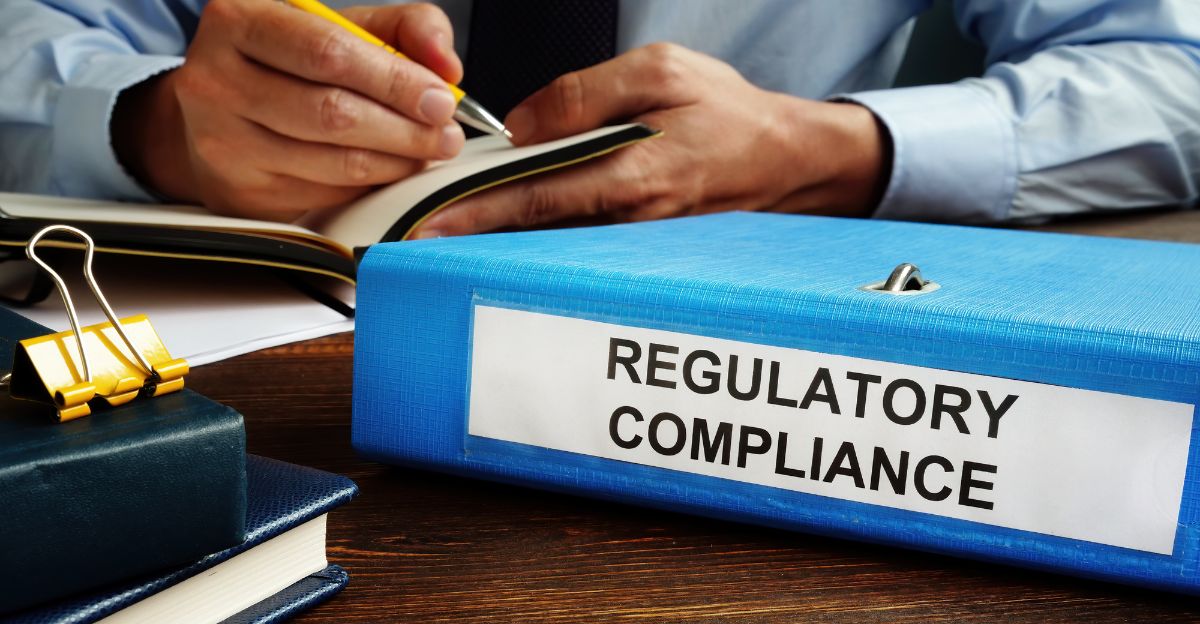
Nowadays, automakers face increasing regulatory scrutiny as safety standards grow and consumer expectations rise.
In recent years, there has been a surge in recalls industry-wide, driven by technological complexity and heightened oversight from agencies like the National Highway Traffic Safety Administration (NHTSA).
Major Recall Announced

According to the NHTSA, Toyota and Hyundai have officially announced the recall of approximately 1.1 million vehicles across the United States.
The recalls cover a wide range of models and years, highlighting the scale and urgency of these safety concerns.
Nationwide Impact

The recall is nationwide, affecting vehicles in every U.S. state. People from all across America are being urged to check their vehicles and to schedule repairs as soon as possible.
The identified flaws could compromise safety in a variety of driving conditions.
Real-World Consequences
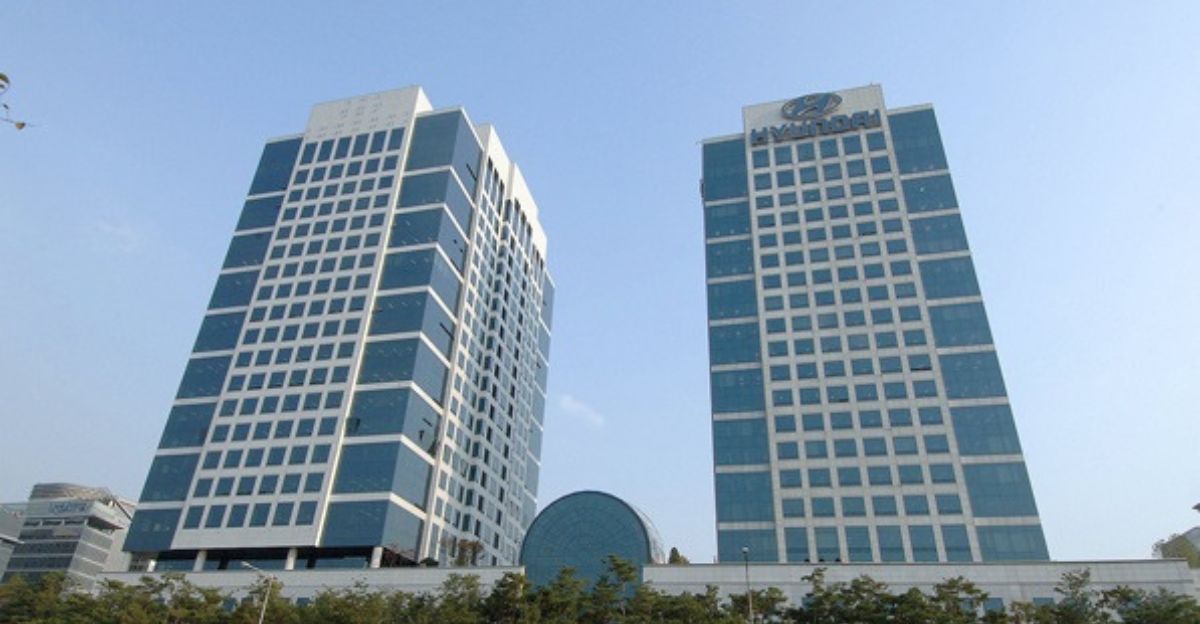
For many drivers across America, the recall could mean surprise visits to the dealership and extra concerns about whether their cars are safe
One Toyota owner in Ohio reported missing dashboard warnings, while a Hyundai Palisade driver in Texas expressed concerns over seat belt reliability for their family.
Regulatory Oversight
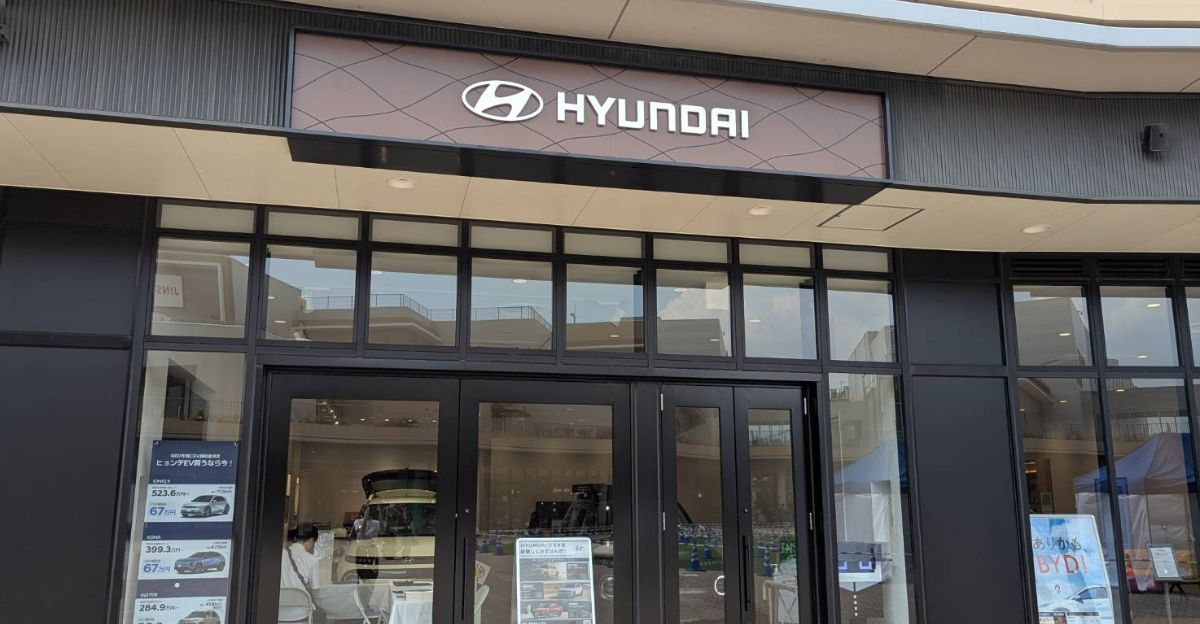
The NHTSA is closely monitoring the recall process, ensuring that both automakers comply with federal safety standards.
Regulators have emphasized the importance of swift action, given the potential for accidents if the defects are not addressed and fixed as soon as possible.
Broader Recall Trend
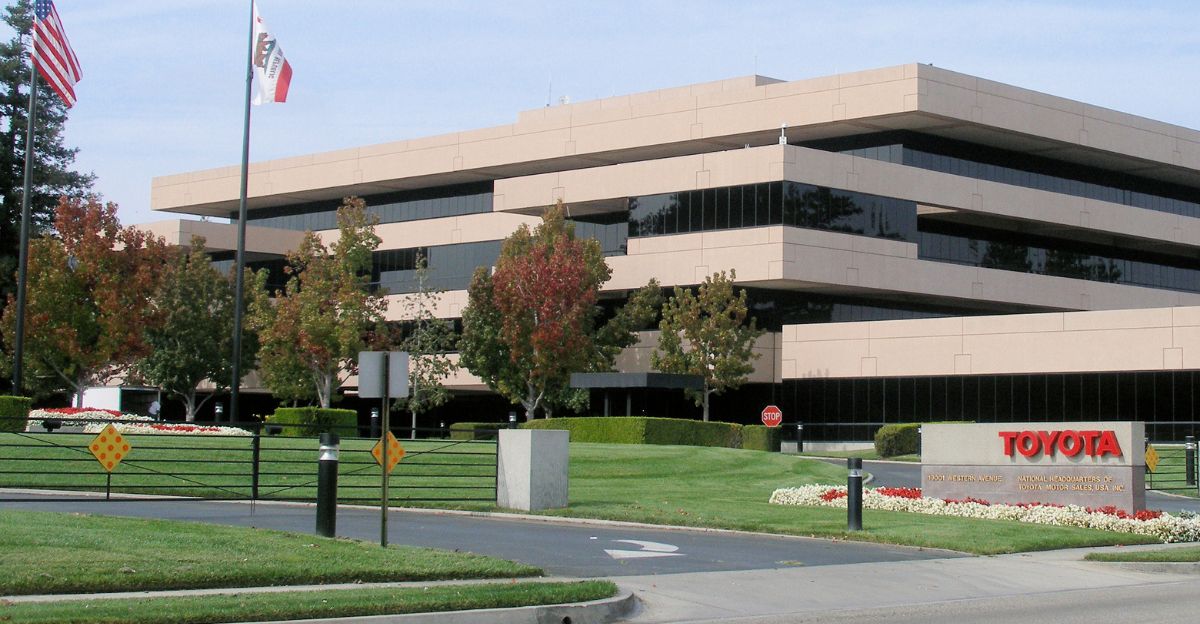
This massive recall is part of a larger trend: U.S. vehicle recalls have increased by 15% over the past five years, reflecting improved detection of safety issues and more proactive industry responses.
Toyota and Hyundai’s actions are among the largest in 2024.
Supply Chain Strain
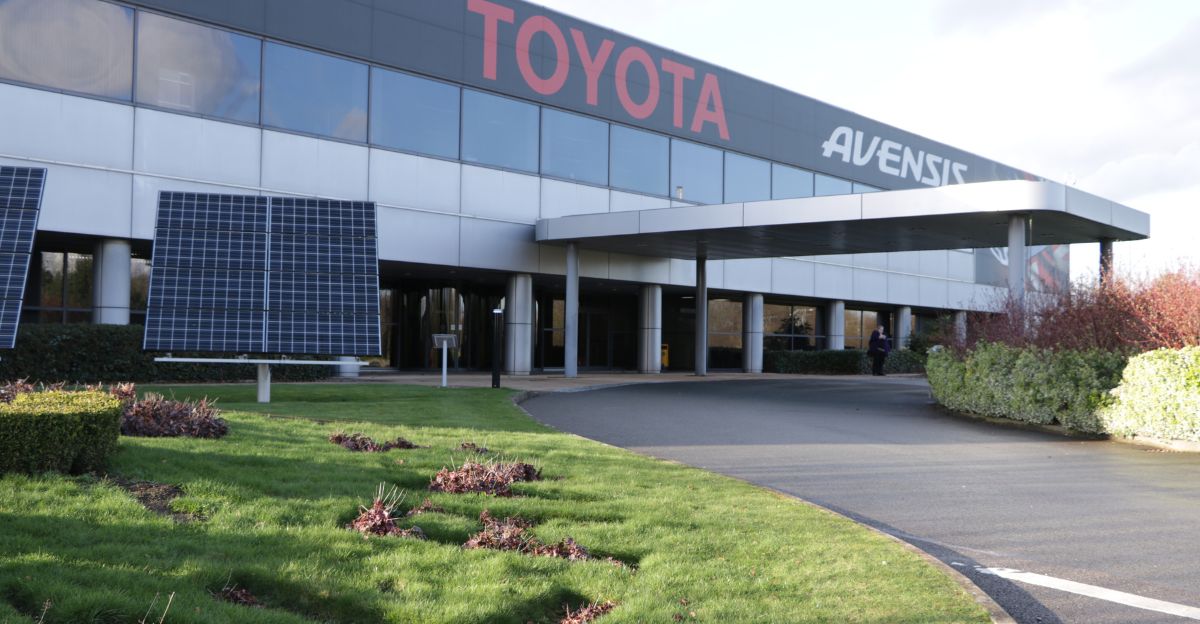
The recall is putting pressure on supply chains, with dealerships rushing to get the needed parts and software updates.
Meanwhile, some owners could face delays in repairs due to high demand for components, highlighting the logistical challenges of large-scale recalls like these.
Stakeholder Frustration

Dealers and customers across the country are expressing their frustration over the recall’s scope and the time required for repairs.
Some dealerships have reported backlogs, while owners are worried about the safety of driving affected vehicles before these fixes are completed.
Leadership Response
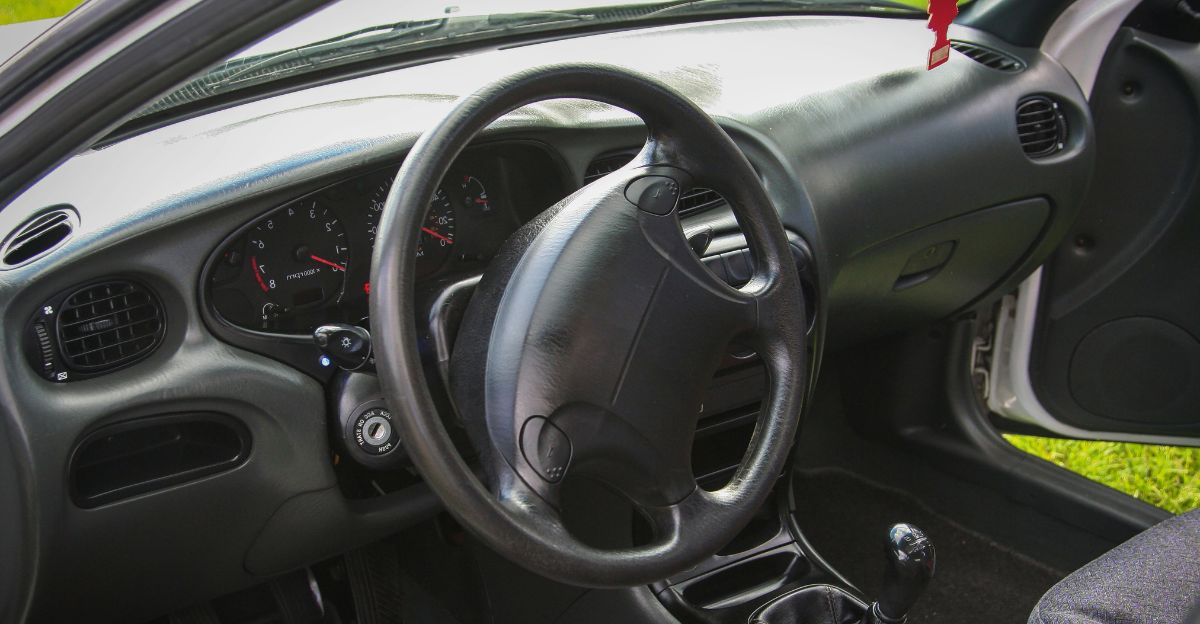
Toyota and Hyundai executives have issued public statements emphasizing their commitment to safety.
“Safety is our top priority, and we are working closely with regulators to address these concerns,” a Toyota spokesperson said.
Recovery Efforts
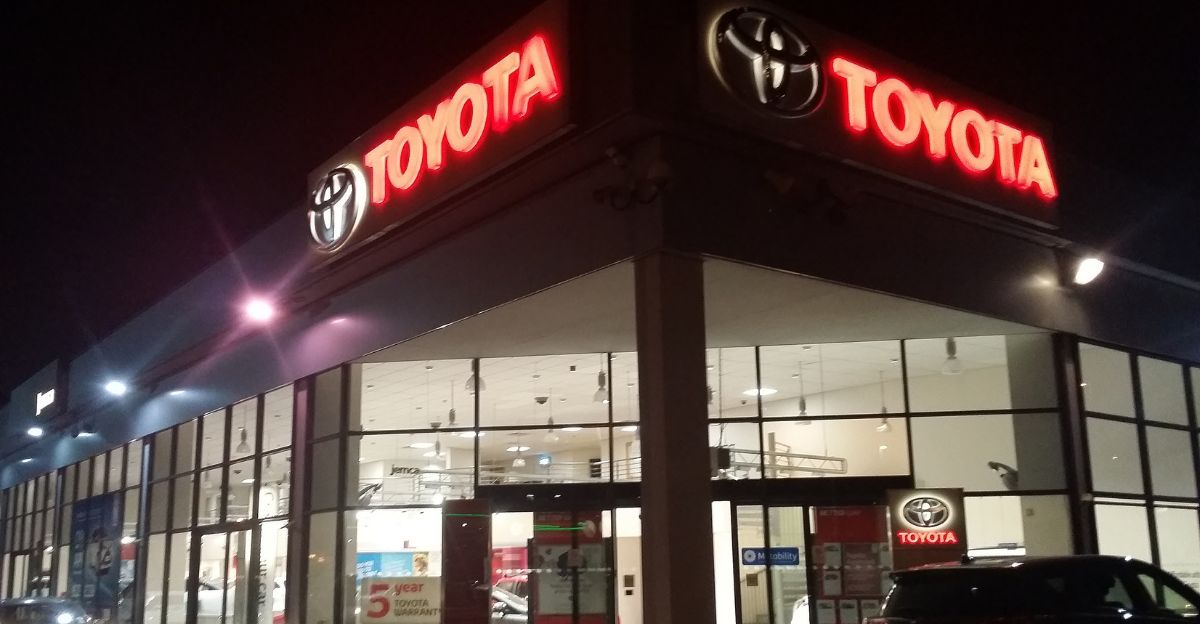
Both automakers have launched extensive outreach campaigns, notifying owners by mail, email, and phone.
Free repairs are being offered at authorized dealerships, and customer service hotlines have been set up to handle inquiries and schedule appointments.
Expert Outlook
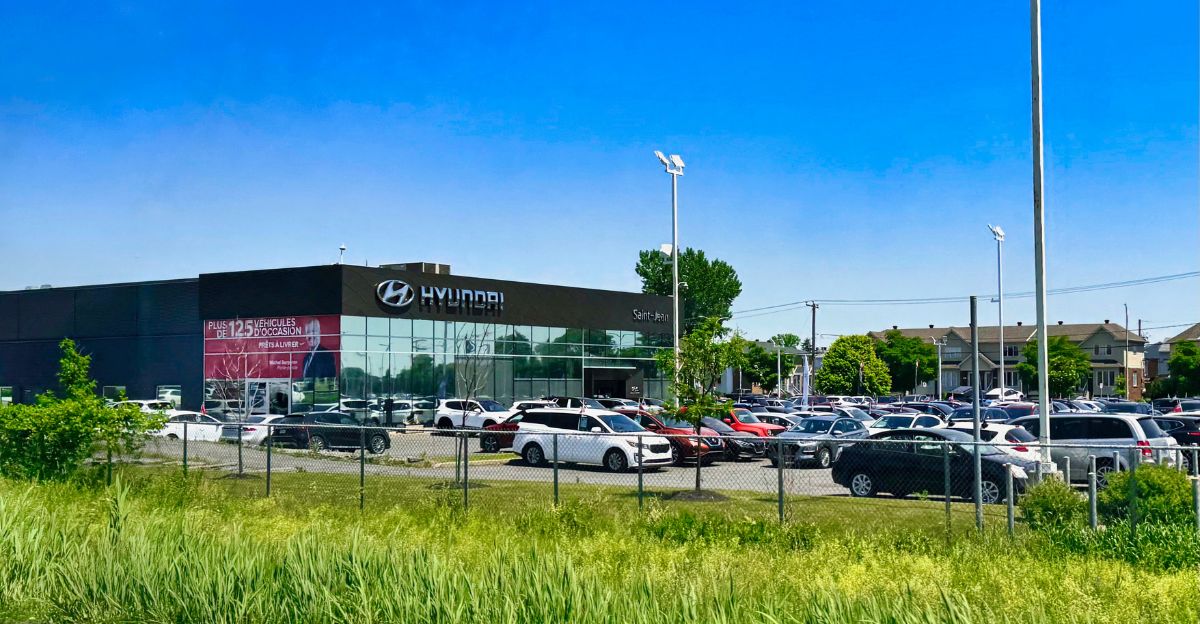
Industry analysts note that while recalls can damage a brand’s reputation in the short term, transparent handling and rapid response could help restore consumer trust.
However, experts caution that repeated large-scale recalls could erode confidence over time and have a long-term effect on these brands.
What’s Next?
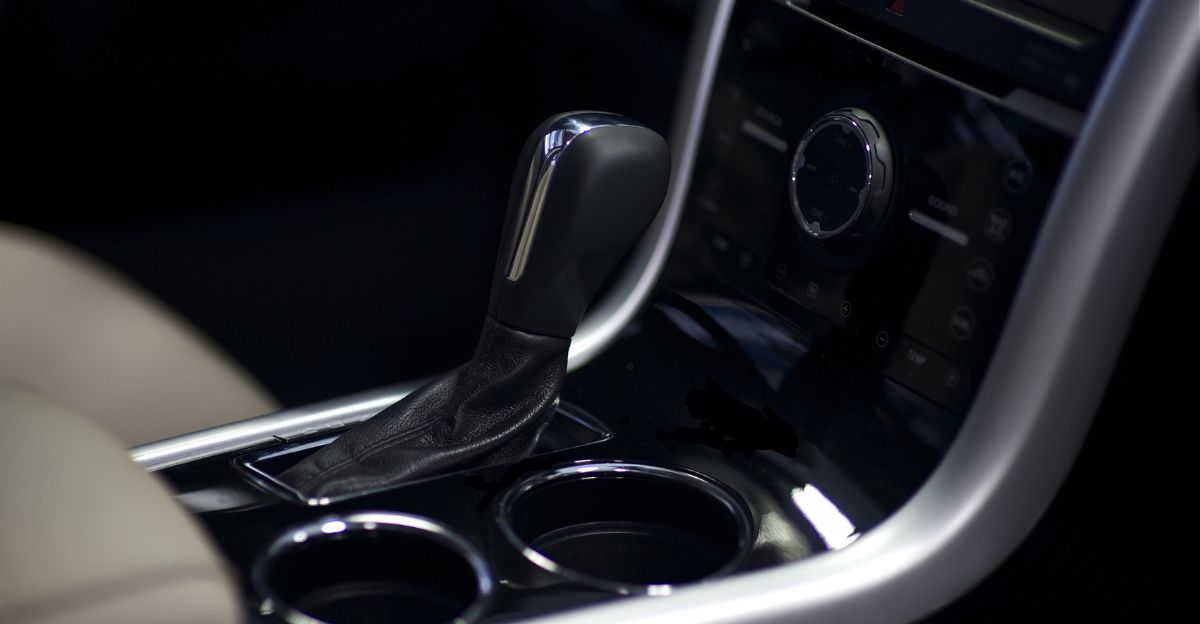
Looking ahead, the recall raises questions about how automakers will adapt to growing safety standards and technological complexity.
Will future vehicles be more resilient, or will recalls become an even more common part of car ownership?
Policy Implications
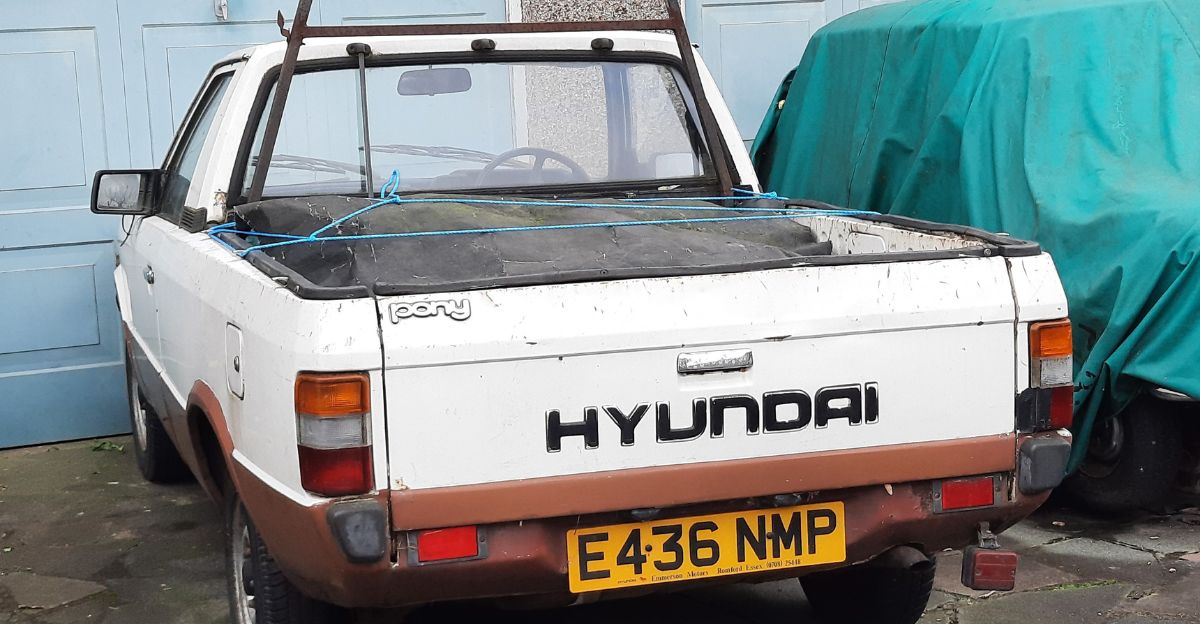
The recall is likely to influence future regulatory policy, with lawmakers and agencies considering stricter oversight and faster reporting requirements for safety defects.
The incident could serve as a catalyst for legislative change.
Global Ripple Effects

Toyota and Hyundai’s recall actions in the U.S. could prompt similar reviews in other countries, as global regulators examine whether the same defects affect vehicles sold in different countries.
International coordination on safety standards could intensify.
Legal and Environmental Angles
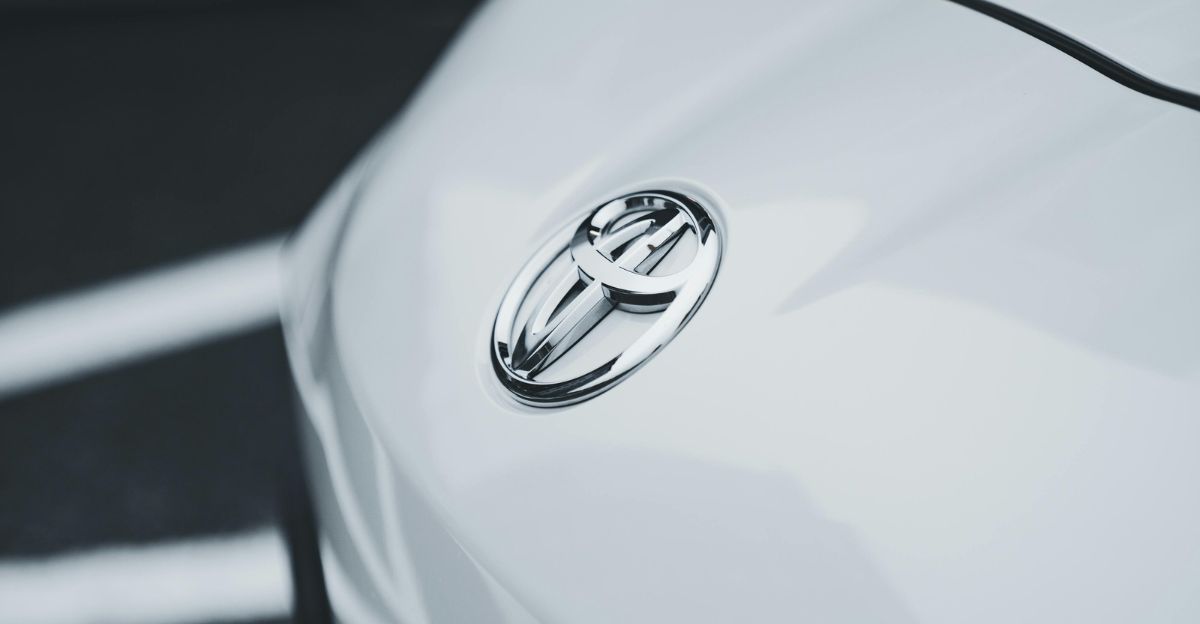
Large recalls often lead to legal claims from affected owners and, in some cases, class-action lawsuits.
Environmental concerns may also arise if defective parts contribute to waste or emissions issues during the repair process.
Cultural Shifts
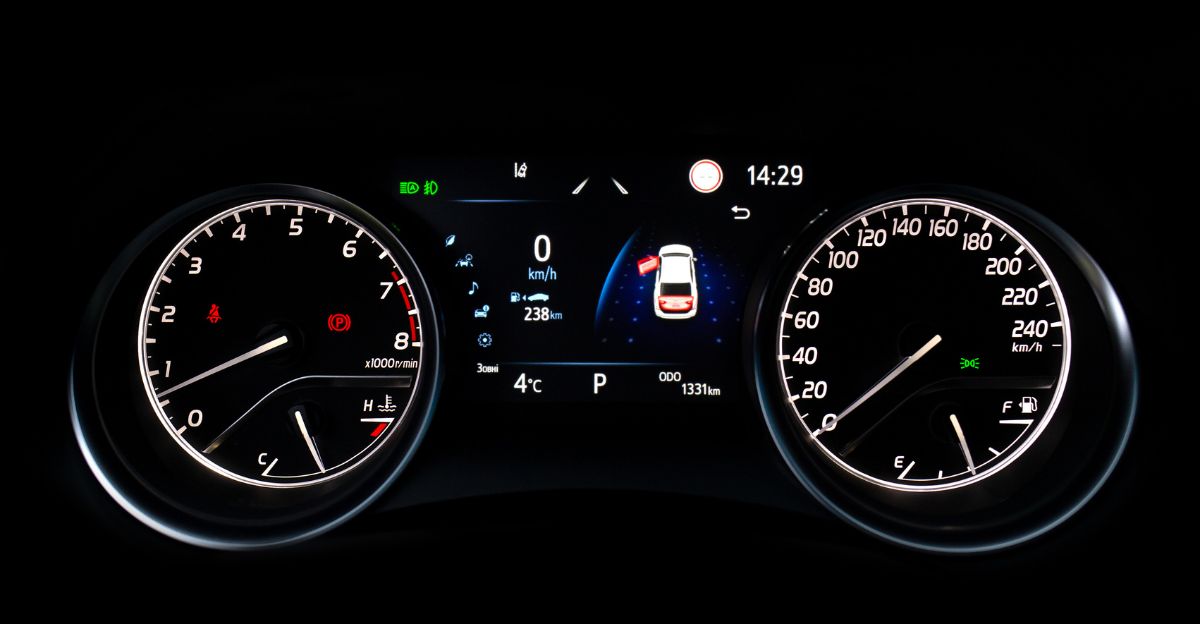
The recall reflects changing consumer perspectives toward vehicle safety and transparency.
As drivers demand more accountability from automakers, industry norms around disclosure and response are evolving rapidly.
Why It Matters

This recall underscores the ongoing challenges of ensuring automotive safety in a complex, fast-moving industry.
For millions of Americans, it’s a reminder of the importance of vigilance, transparency, and trust between automakers and the public.